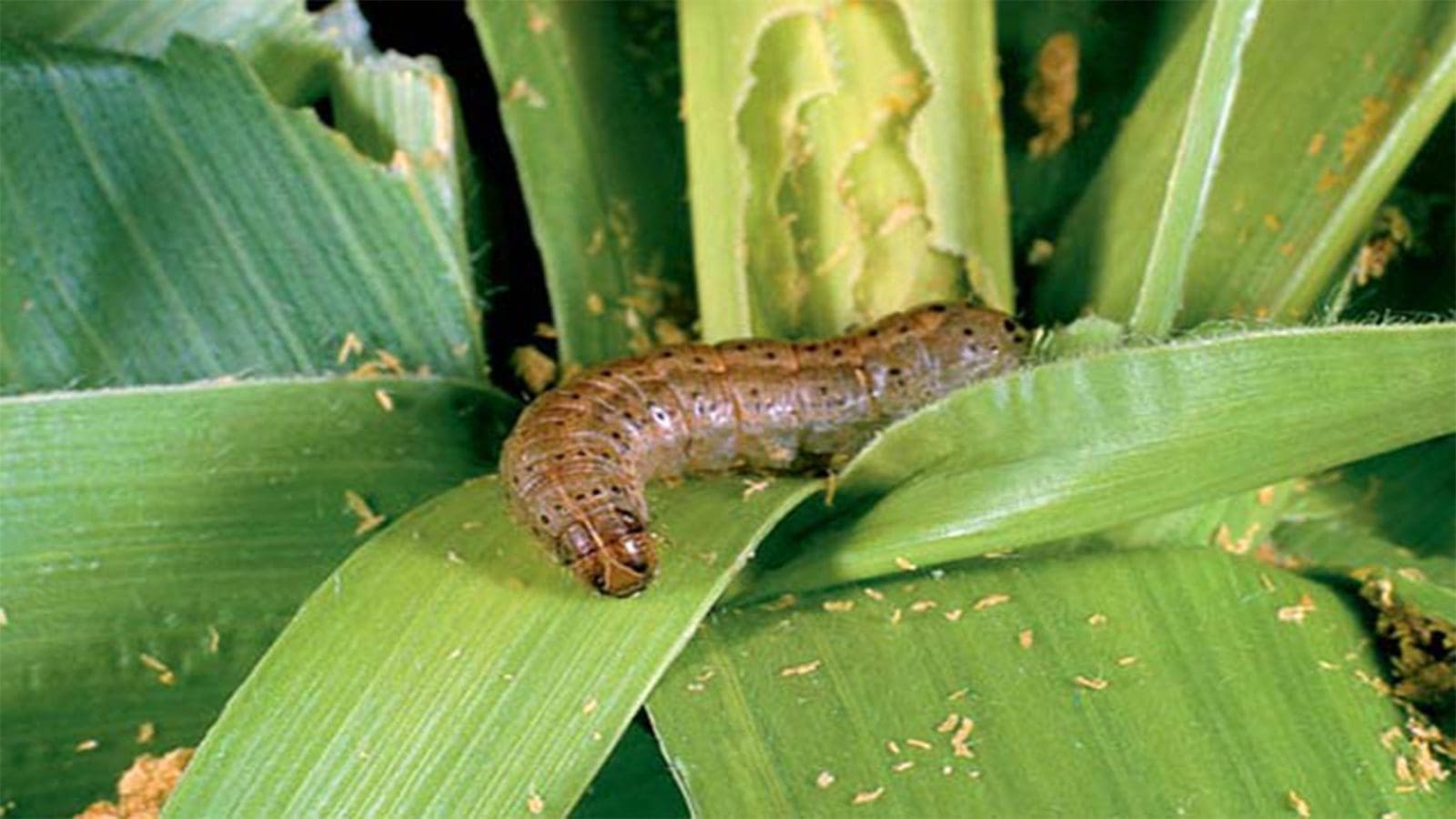WEST AFRICA – The Food and Agriculture Organization (FAO) has initiated a three-year Global Action for Fall Armyworm control in West Africa, to ensure a strong coordinated approach at national, regional and global levels.
In West Africa, the resurgence of plant pests, such as the Fall Armyworm, severely limits producers’ efforts and threatens the production targets set by Governments to achieve food security every year.
Since its appearance in 2016, fall armyworm has spread in many countries and remains one of the main threats to agriculture and food security in Africa.
According to a 2021 FAO report, the pest causes around 73% maize yield loss, a cereal on which 208 million people in the region depend on, corresponding to a US$ 9.8 billion loss.
As part of this new FAO global initiative (called the Global Action on FAW), studies were conducted by researchers from Joseph Ki-Zerbo University and Nazi Boni University in Burkina Faso, a country that has been plagued by the pest invasion since 2017.
Research on biological control options has yielded encouraging results that are favorable to the sustainable management of the pest in the country.
These include the establishment of science-based data for the adaptation of IPM technologies.
Such technologies include the evaluation of the efficacy of local strains of entomopathogens against the FAW, the identification of FAW-tolerant varieties and evaluation of the biological control potential of local arthropod natural enemies.
It also involves the development of a methodology for mass production of the parasitoid Telenomus remus, evaluation of the efficacy of mass trapping (conventional traps) and the use of biopesticides.
The researchers recommend the intensification of field trials, especially in the Global action pilot countries’ and the development of a cost-effective business plan for the cultivation and release of the parasitoid Telenomus remus involving the private sector.
They also recommend the strengthening of the operationalization of the regional coordination mechanism, the promotion of knowledge sharing and collaboration between countries, research institutions and the private sector.
The results of this FAO-supported research in Burkina Faso and the implementation of the recommendations will enable the West African pilot countries to take a giant step forward in the fight against the armyworm.
In Burkina Faso, infested areas have increased from 58,234 ha in 2017/2018 to 102,684 ha in 2018/2019 and to 83,144 ha in the 2019/2020 agricultural season, according to data from the Direction de la Protection des Végétaux et du Conditionnement of Burkina Faso.
Infestation rates vary each year between 5% and 90% or even 100% on some maize fields, leading to a drop in yields of 5 to 10% and, consequently, in agricultural production.
Liked this article? Subscribe to Food Safety Africa News, our regular email newsletters with the latest news insights from Africa and the World’s food safety, quality and compliance. SUBSCRIBE HERE








